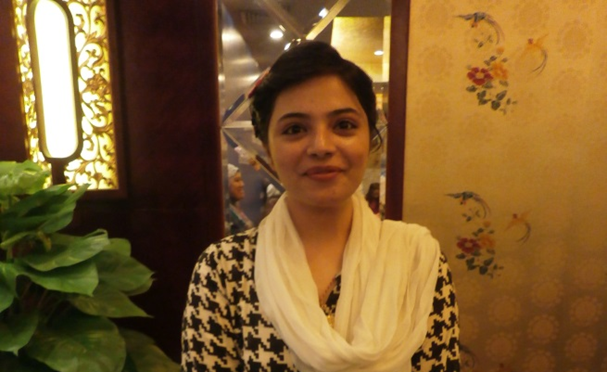Experts and counterparts from the IAEA technical cooperation (TC) project RAS9075, "Strengthening Radiation Protection Infrastructure and Technical Capabilities for the Safety of Workers, Patients and the Public", met in Taiyuan, China from 24 - 28 August 2015 to discuss technical capabilities in the region to monitor occupational intakes of radionuclides. 26 participants from 15 MSs (Bangladesh, China, Indonesia, Iran, Iraq, Kuwait, Malaysia, Mongolia, Myanmar, Oman, Pakistan, Philippines, Sri Lanka, Syria and Thailand) of the Asia and the Pacific region including Agency staff and expert attended the meeting.
The meeting included presentations, interactive discussions and information exchange among participants and experts from China and France. Various topics on internal assessment were presented to stimulate discussions among participants. Interactive discussion were held on topics such as the monitoring programmes in case of planned, existing or emergency situations for workers in medical and occupational exposures, the performance criteria of the techniques and methods for bioassays analysis, the calculations of the uncertainties budget, the internal doses assessments, the quality assurance programmes and finally the recording and reporting based on the new BSS (GSR Part 3).
The meeting participants were provided the opportunity for a technical visit to CIRP and in particular, to the Department of Health Physics who manages North China Radiation Metrology Station for Nuclear Industry, Personal Dose Management and Service Centre for China National Nuclear Corporation (CNNC) and Radiation Protection Instrument Test Centre of CNNC. The Department also hosts the SSDL which is a member of IAEA/WHO SSDL network.
All the meeting participants appreciated the opportunity to visit CIRP and were really impressed with the accomplishment of the Department of Health Physics. The participants also visited the Departments of Nuclear Emergency and Nuclear Safety, the Department of Radiological and Environmental Medicine and the Department of Nuclear Environmental Science. During the visit, participants are able to see the individual monitoring equipment such as the Whole Body Gamma Contamination Monitor, the Air Monitors and Alpha-Beta Sample Counters that were described during the technical presentations in the meeting.
The meeting was successful in assessing the status of national programmes and in providing the platform for MSs in Asia and the Pacific to exchange information on their progress in monitoring occupational intakes of radionuclides. Several capacity building activities were agreed during the meeting to support MSs urgently requiring technical capabilities to carry out dose assessment due to intakes of radionuclides.




